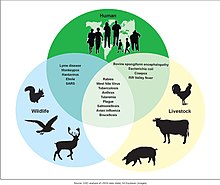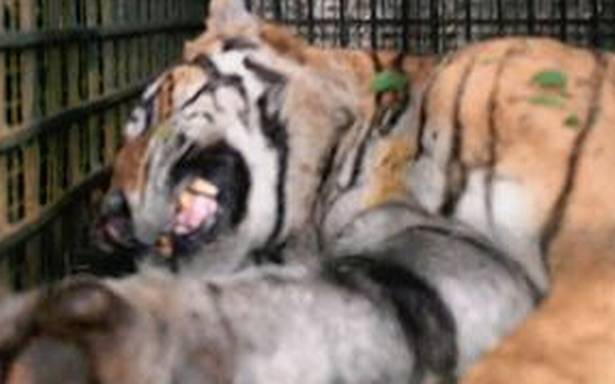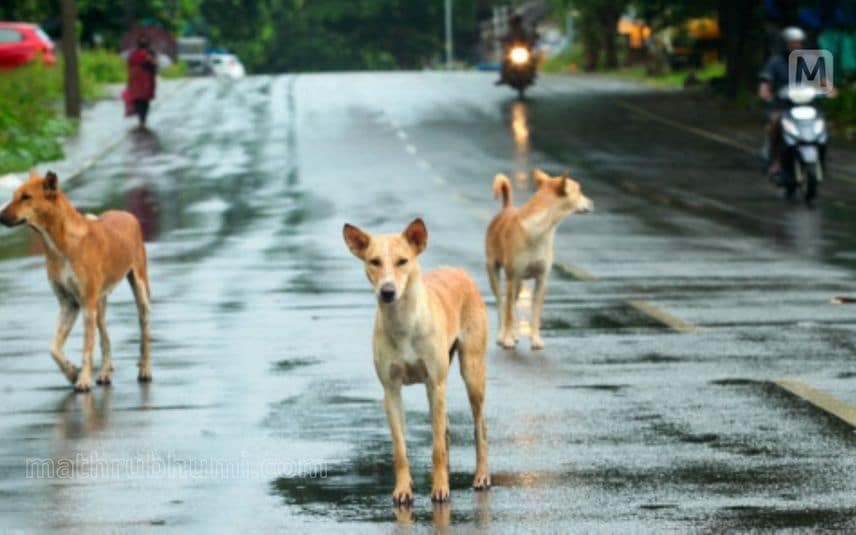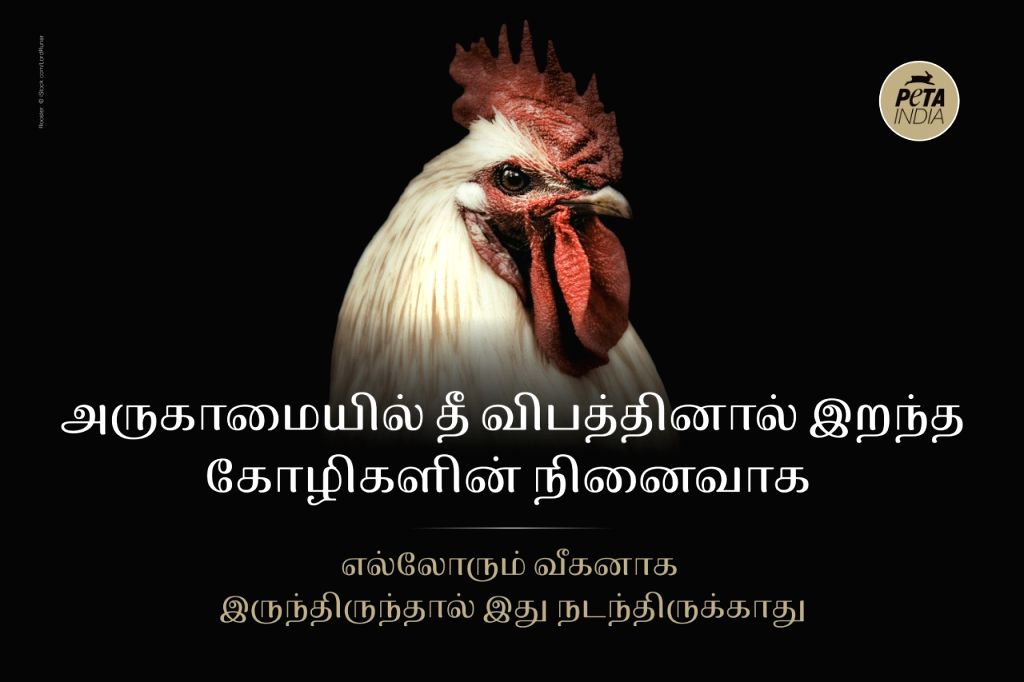
Dileep V Kumar, July 16, Thiruvananthapuram
Recurring instances of zoonotic diseases in the state have finally persuaded the government to constitute zoonosis committees at the state and district levels. According to the health department, the constitution of such committees will help in inter-sectoral coordination and achieve the ‘One Health’ approach for controlling zoonotic diseases in Kerala.
The development of an integrated multi-disciplinary ‘One Health’ approach to tackle zoonotic infections was a long-standing demand in the state. It is being pointed out that as the said concept recognizes the connection between human health and health of animals and the shared environment, it will help in preventing, detecting, containing, eliminating, and responding to animal and public health risks.
“Zoonosis is an infectious disease that has jumped from a non-human animal to humans. The number of times that these diseases cross into humans is increasing. Varying factors contribute to this, including climate change, encroachment on wildlife habitats, and others. The state is also prone to this threat,” said an infectious disease specialist with the health department.
The United Nations Environment Programme had earlier highlighted that around 60 percent of all known human infections are zoonotic, as are 75 percent of all new and emerging infectious diseases.
The state which had reports from experts in the fields of community medicine, veterinary public health, agriculture, and wildlife science that land use patterns, absence of effective waste management, shrinkage of wildlife habitats, and others had contributed to various zoonotic disease outbreaks in recent times, also got a warning from an international study that it is a global hotspot of zoonotic diseases.
According to a source, the need to constitute such a committee was underscored twice by the Director of Health Services via letters in February and May, and the increasing number of leptospirosis cases and deaths and reporting of other zoonotic diseases were also highlighted.
“The most recent outbreak of monkeypox might have also influenced this decision. Other than being a public health problem, the devastating impact it had on the economy of a country or state including loss of trade, tourism, and consumer confidence was also taken care of. By joining hands with various departments and experts in various fields the challenge of the unpredictability of zoonotic viruses could be addressed,” said the source.
While the 25-member state zoonosis committee will be headed by the principal secretary (health), the 13-member district zoonosis committee will be headed by the respective district collectors.
“The state-level committee is entrusted to advise to various facets of the work on zoonosis prevalent in the state and list zoonosis infections/diseases according to priority and importance under the various heads like bacterial, viral, fungal, parasites and protocol to enable the scientists in the field to tackle the problem on a priority basis,” reads an excerpt from a document that details the functions of the committees.
In addition to that, the state-level committee is entrusted to formulate the terms of reference and modus-operandi for developing the networking between various sectors like medical, veterinary, and allied departments /institutions to tackle the zoonosis challenge and to review the burden of zoonotic disease prevalent in the state and advice the respective state authorities on specific measures to be taken for prevention and control of zoonotic diseases. It is also expected to monitor the progress of efforts undertaken by respective state authorities for the prevention and control of emerging and re-emerging zoonotic diseases.
This committee is expected to convene twice a year.
Officials from animal husbandry, forest, veterinary, panchayath departments, Kerala Veterinary and Animal Sciences University, Kerala University of Health Services, Institute of Animal Health and Veterinary Biologicals, National Institute of Virology, Kerala Unit, Alappuzha, State Drugs Controller, and others are members of the state-level committee.








